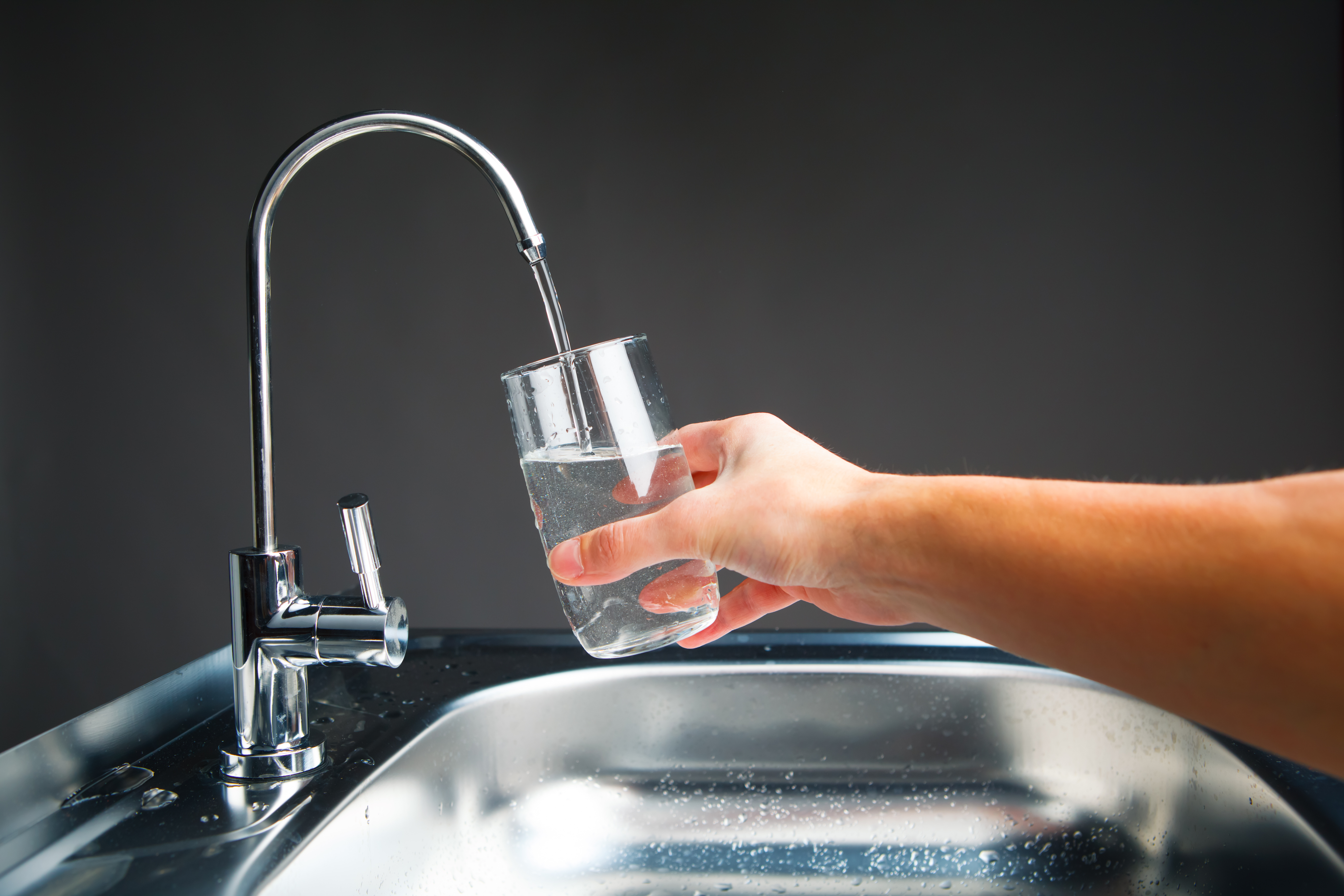
Can I Water Plants, Lawns, and Gardens with Softened Water?
Softened water brings several benefits to a household. It minimizes soap usage when washing clothes and dishes, extends your water heater’s lifespan, and optimizes energy
Softened water brings several benefits to a household. It minimizes soap usage when washing clothes and dishes, extends your water heater’s lifespan, and optimizes energy bills. But is it okay to use softened water for plants, lawns, and gardens? The Scoop on Salt The majority of water
Having clean, safe water for drinking, showering and even cooking your food is key to ensuring a healthy lifestyle. Most people today unknowingly drink chlorine-treated water that still contains harmful bacteria, chemicals and other contaminants. Every person needs to have enough water each day for the

Softened water brings several benefits to a household. It minimizes soap usage when washing clothes and dishes, extends your water heater’s lifespan, and optimizes energy

Having clean, safe water for drinking, showering and even cooking your food is key to ensuring a healthy lifestyle. Most people today unknowingly drink

If you’ve done any research on water softeners, you’ve come to realize that there are a lot of choices when it comes to selecting a

Besides adding salt to your softener and occasionally cleaning out the brine tank, most water softener manufacturers recommend that you service your softener annually. 4

Lead contamination is a growing concern throughout the nation and how lead can be removed from drinking water is a question we’re often asked.

Do you have a sinking suspicion that your water softener isn’t doing its’ job and is no longer softening your water? Perhaps you’re seeing water

How often a water softener will regenerate or recharge, is controlled by the valve of a water softener system. The valve or “control valve” is

While the internet is a great place to get information about almost any given topic, it’s also a place where misconceptions (and even myths) can

When high-efficiency (HE) laundry washers were introduced a few years back, many consumers suddenly began paying more attention to the laundry soap they were buying.

We’ve been discussing all things relating to RO in recent blog posts, but thought we would tackle a few more inquiries that have yet
© 2023 WaterTech. Rights Reserved.